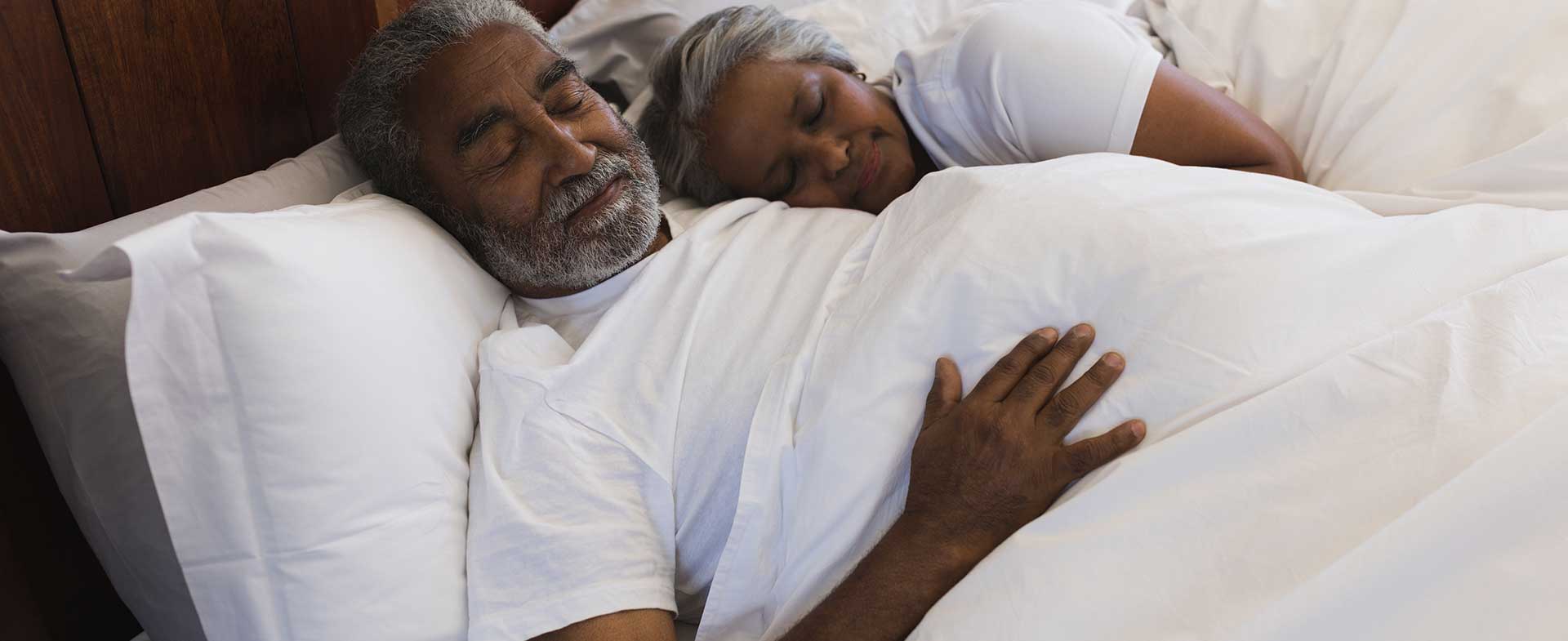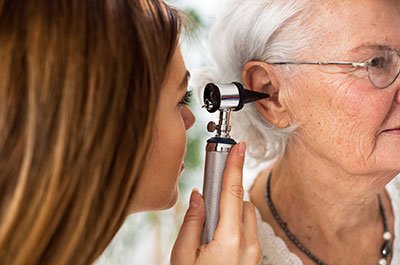Obstructive sleep apnea—a condition that intermittently (and briefly) causes you to stop breathing while sleeping—occurs when your throat muscles relax and block your airway. Along with leaving you fatigued during the day, obstructive sleep apnea can raise your risk for health issues such as heart and vascular disease.
“When you breathe against an obstruction—if you cover your mouth with your hand and try to breathe in, for example—your chest has to pull harder to get air in, and that messes with the dynamics of blood flow in the chest and heart,” says Madeline Goosmann, M.D., an otolaryngology resident at Henry Ford Health. “The end result is a higher risk of cardiovascular disease.”
The Impact Of Marital Status & Race On Obstructive Sleep Apnea
One of the main risk factors for obstructive sleep apnea is neck circumference, says Dr. Goosmann. Smoking, obesity, excessive drinking and anatomical differences (such as having enlarged tonsils) are also risk factors. Many people with obstructive sleep apnea also have diabetes.
But being married with obstructive sleep apnea might put you in better health than being single with obstructive sleep apnea. A recent Henry Ford Health study found that those who are married and have obstructive sleep apnea live longer than their single counterparts.
“The main theory behind this is that when you’re married, you essentially have a second set of ears at your doctor’s appointments,” says Dr. Goosmann. “You have someone to remind you to keep up with treatment, to live a healthier lifestyle.”
Another interesting finding from the study? Black people who were married and had sleep apnea lived longer than white people who were married and had sleep apnea.
“We assumed Black people would have a greater risk of sleep apnea because they generally have more risk of sleep apnea-associated cardiac disease (such as atrial fibrillation or AFib),” says Dr. Goosmann. “Additionally, they often have more severe cases of sleep apnea when it is caught, suggesting delay in diagnosis. But we found married Black people had the highest survival with sleep apnea. We don’t know why this might be.”
How To Manage Obstructive Sleep Apnea
Whether or not you’re married, there are ways to manage obstructive sleep apnea and keep your health in check. For example:
- CPAP (short for continuous positive airway pressure device) is usually the first line of treatment, which involves wearing a mask over your nose and mouth while you sleep. “It’s notoriously difficult to get used to and to keep up with nightly, so it can be helpful to have a spouse or someone to remind you to wear it,” says Dr. Goosmann.
- Surgery can be beneficial to improve airflow, as CPAP does not work for everyone. “For example, people with large tonsils, an elongated palate, or large base of tongue might benefit from surgery to breathe better,” says Dr. Goosmann.
- Losing weight, eating a healthy diet filled with fruits and vegetables, not smoking, limiting alcohol and exercising daily can really make a big difference. “Because neck circumference has such a huge association with obstructive sleep apnea, if you lose weight, it could potentially cure your sleep apnea,” says Dr. Goosmann. "Lifestyle changes are the gold standard."
To make an appointment with a doctor or sleep specialist at Henry Ford, visit henryford.com or call 1-800-436-7936.
Madeline Goosmann, M.D., is an otolaryngology resident and head and neck surgeon at Henry Ford Health. She sees patients at Henry Ford Hospital in Detroit.



